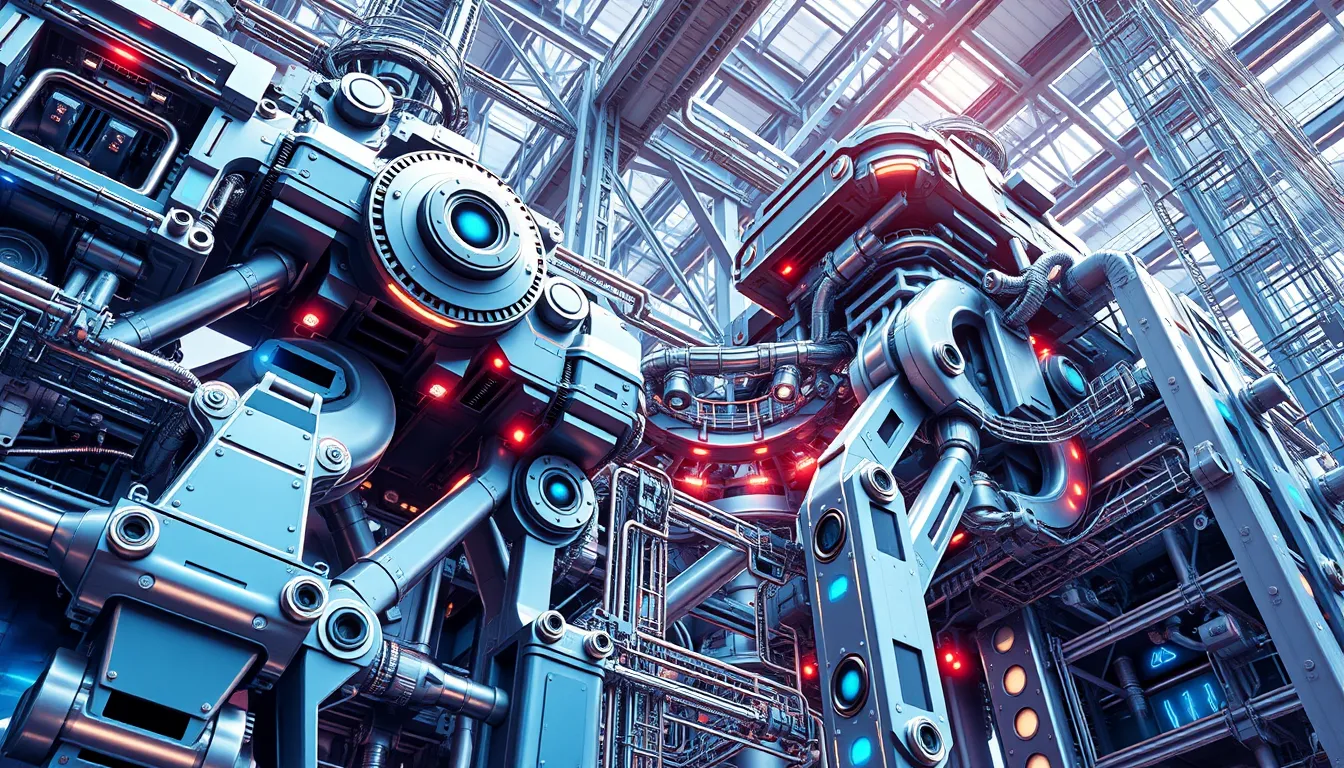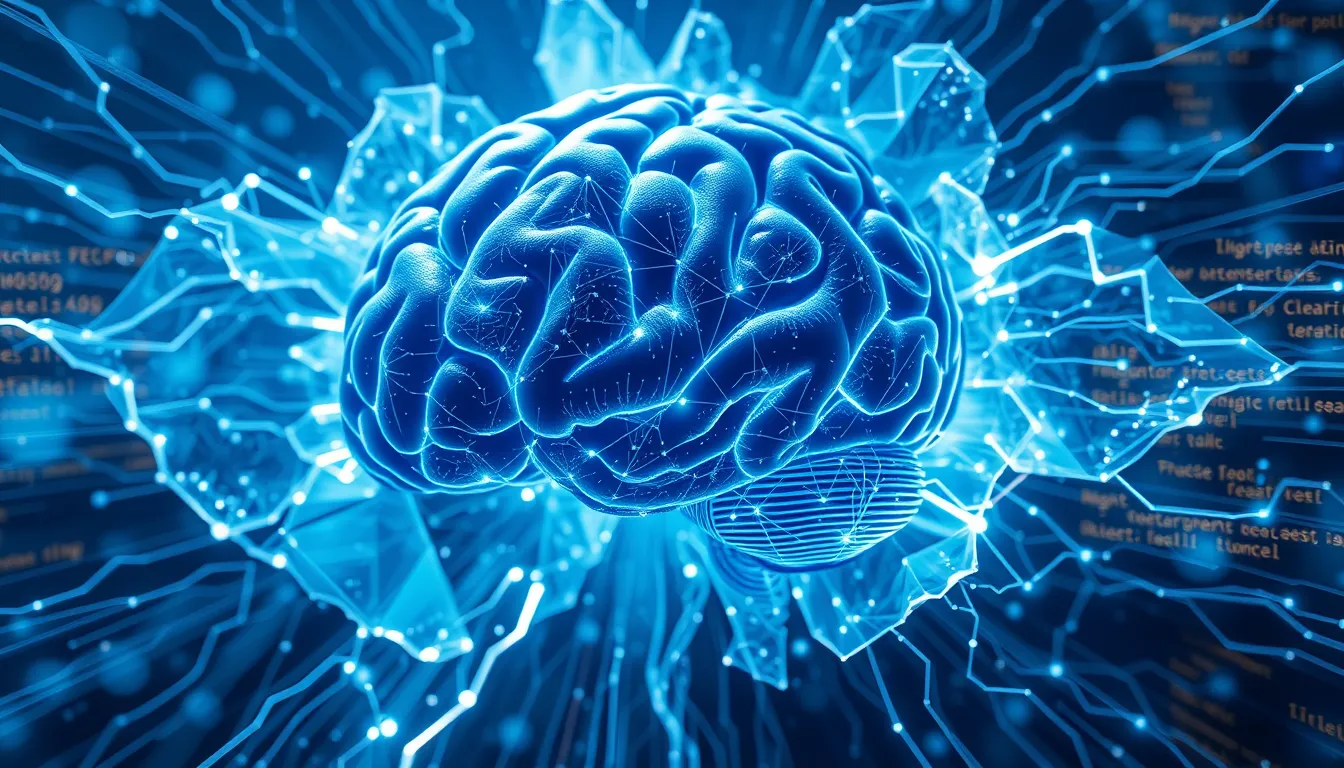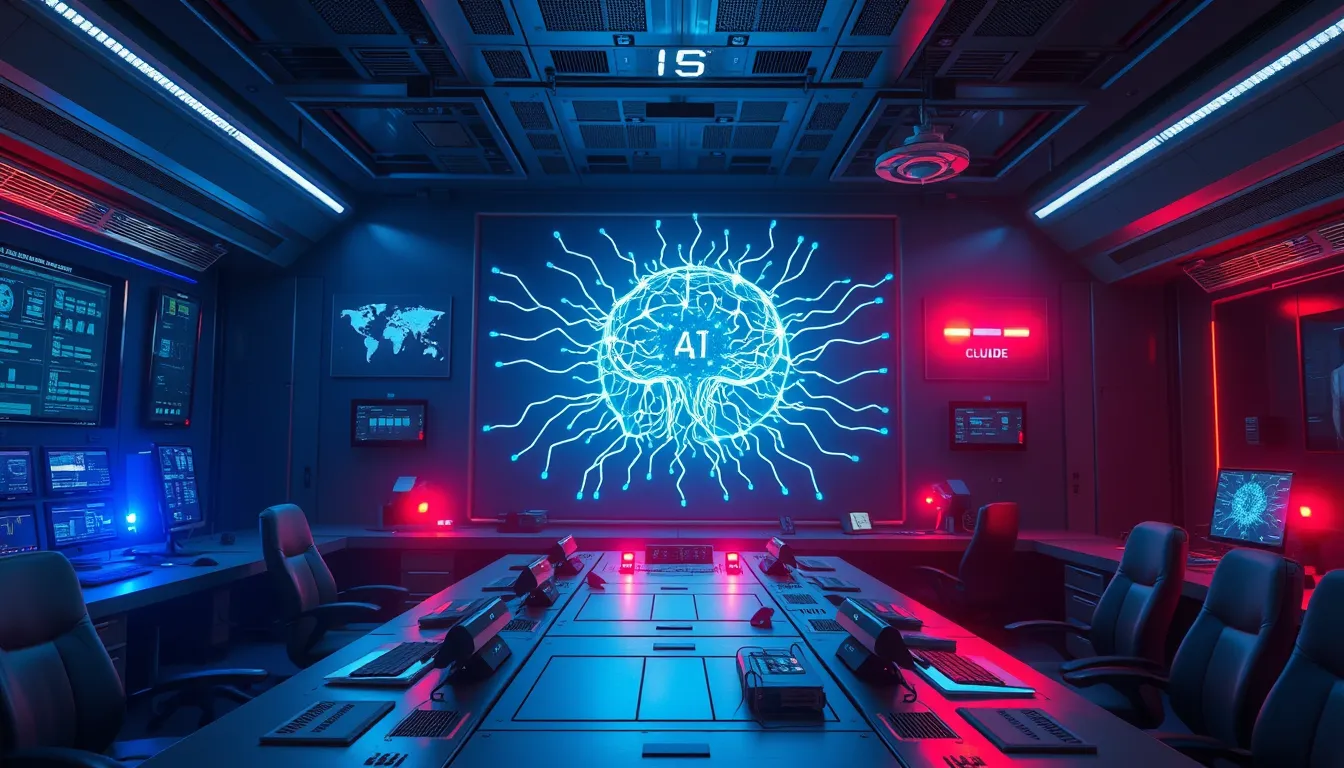Now Reading: Revolutionary AI in Engineering: Transforming Production
-
01
Revolutionary AI in Engineering: Transforming Production
Revolutionary AI in Engineering: Transforming Production

Revolutionary AI in Engineering: Transforming Production
The field of engineering is experiencing a transformative era with the integration of artificial intelligence. As industries continually evolve, professionals are turning to AI in engineering to drive innovation in design, manufacturing, and robotics. This comprehensive article explores the evolution and benefits of AI in engineering, focusing on the integration of machine learning, advanced automation, and ethical considerations. With a steadily increasing trend in the adoption of AI, engineers are now empowered to reimagine their practices and build smarter, more efficient systems.
The Evolution of AI in Engineering
Historically, engineering design and manufacturing have relied on traditional methods and manual calculations. Today, however, the infusion of AI technology has revolutionized these processes. By leveraging data-driven insights, simulation tools, and intelligent software, AI in engineering is streamlining workflows, minimizing errors, and speeding up product development. From robotics integration to machine learning in engineering, the impact is broad and significant.
- Enhanced accuracy in designs and simulations
- Improved production efficiency and cost reduction
- Greater adaptability to evolving market demands
- Real-time data analytics that support decision-making
Machine Learning in Engineering Applications
One of the most potent aspects of modern AI is its ability to learn and adapt. Machine learning in engineering is creating systems that not only analyze vast amounts of data but also predict trends and optimize operational parameters. For example, engineers can use predictive maintenance techniques to minimize downtime in manufacturing processes. A reliable resource like the IEEE (visit https://www.ieee.org/) provides valuable insights into how machine learning can be applied to complex engineering challenges.
Machine learning algorithms are already revolutionizing industries by:
- Detecting anomalies in real-time operations.
- Optimizing energy consumption and resource allocation.
- Enabling smarter product lifecycle management through advanced analytics.
AI Robotics Integration in Modern Production
Integrating AI robotics into manufacturing has opened new avenues for automation. In production lines, robots embedded with AI capabilities are not only performing repetitive tasks with precision but are also adapting to unexpected challenges. This integration means that human labor is now complemented by intelligent machines capable of handling dangerous or monotonous tasks, thereby reducing workplace hazards and increasing overall efficiency.
- Enhanced versatility and adaptability of robotic systems
- The ability to learn from their environment and adjust processes accordingly
- Seamless interaction between human operators and AI-driven machines
How AI Transforms Engineering Design
The process of engineering design is undergoing a radical change thanks to AI. By automating tasks like simulation, prototyping, and failure analysis, design cycles are drastically shortened. Engineers can now innovate faster and with fewer compromises. The long-tail keyword, “how AI transforms engineering design,” is a pivotal theme that underpins the entire narrative of technological advancement in this sector. Here are some key points illustrating the transformation:
- Automated simulation of product performance across multiple scenarios
- Rapid prototyping with minimal resource wastage
- Integration of real-time feedback mechanisms into design tools
- Collaboration tools that enable human-machine interaction in design reviews
Ethical Considerations of AI in Engineering
As with any disrupting technology, the integration of AI in engineering also brings ethical challenges that must be addressed. Decisions driven by machine algorithms require robust oversight to ensure transparency, fairness, and accountability. The concerns surrounding ethical considerations of AI in engineering include:
- Ensuring unbiased decision-making in automated processes
- Maintaining accountability when AI systems malfunction
- Protecting sensitive data from misuse
- Establishing regulatory guidelines that keep pace with rapid technological change
Organizations and industry leaders are working together to establish ethical frameworks. For instance, initiatives by bodies like the IEEE and other professional engineering associations provide guidelines to help navigate these challenges. It is crucial for engineering teams to incorporate ethical risk assessments as part of AI in engineering projects.
Building Smart and Sustainable Solutions with AI
The application of AI in engineering is a significant step towards creating a smarter and more sustainable future. Beyond the immediate efficiency gains, AI contributes to the overall strategy of sustainable development by optimizing resource use and reducing waste. Whether in designing smart city infrastructure or automating advanced manufacturing processes, the synergy between AI and engineering is proving invaluable.
- Reduction in energy consumption through optimized designs
- Minimizing material waste by predicting required quantities accurately
- Empowering engineers to adopt green manufacturing methods
Conclusion
In conclusion, the integration of AI in engineering is far more than a technological upgrade—it is a revolution. Engineers worldwide are embracing this change to drive innovations that were previously unimaginable. With applications ranging from machine learning to robotics integration, AI in engineering is reshaping traditional practices and opening new avenues for design and production efficiency. As the industry continues to evolve, staying informed about the benefits, challenges, and ethical dimensions of this shift is essential for every professional in the field. The future of engineering lies in building smarter, data-driven solutions, making it imperative for every engineer to harness the potential of AI and lead the way into a new era of innovation.
For further insights on advanced engineering practices and AI applications, explore credible resources such as the IEEE website (https://www.ieee.org/) and reputable technology journals.
As we move forward, the journey of integrating artificial intelligence into every facet of engineering will continue to inspire innovation, transform production, and redefine what is possible in the field of modern engineering.

























